In a mere five-year period leading up to mid-1971, Stephen Stills built quite the resume. In 1966, he co-founded the great Buffalo Springfield and wrote what became its best-known song, “For What It’s Worth.” Two years later, he appeared with Al Kooper and Mike Bloomfield on the hit Super Session album and co-founded the ultra-successful Crosby, Stills, and Nash (and later Young). Then he capped those successes with the release of his eponymous solo album in November 1970 and Stephen Stills 2 in June 1971, both of which broke into the Top 10.
Following the latter LP’s appearance, Stills launched his first solo tour, which reminded listeners that he was not just at a commercial peak but an artistic one as well. The tour included concerts at the Berkeley Community Theater in Berkeley, California, on August 20 and 21, 1971, that began with largely solo acoustic sets and ended with full band performances. Portions of both shows appear on the new Live at Berkeley 1971, which evidences pristine sound quality and delivers previously unreleased renditions of 14 numbers, all but three penned by Stills.
Highlights abound on the album, which offers an engaging blend of rock, folk, and blues and features backup by the Memphis Horns, CSNY drummer Dallas Taylor, and others. Stills delivers his “You Don’t Have to Cry” and David Crosby’s “The Lee Shore,” both featuring guest vocals and guitar by Crosby. He also offers his “49 Bye-Byes,” which is coupled here with “For What It’s Worth,” which Stills performs on piano. He digs deep into the CSNY songbook for “Bluebird Revisited” and also draws on his solo work, featuring “Love the One You’re With,” the big hit from his first solo album, as well as “Know You’ve Got to Run,” “Black Queen,” and “Word Games.”
Some of his lyrics fall short. For example, “Love the One You’re With,” an ostensible product of its era’s “free love” movement, now sounds crass; “The Ecology Song,” meanwhile, addresses a subject that’s timelier today than ever, but with vague and unmemorable verses. Stills is in fine voice throughout, however, and his guitar work consistently impresses.
Also Noteworthy
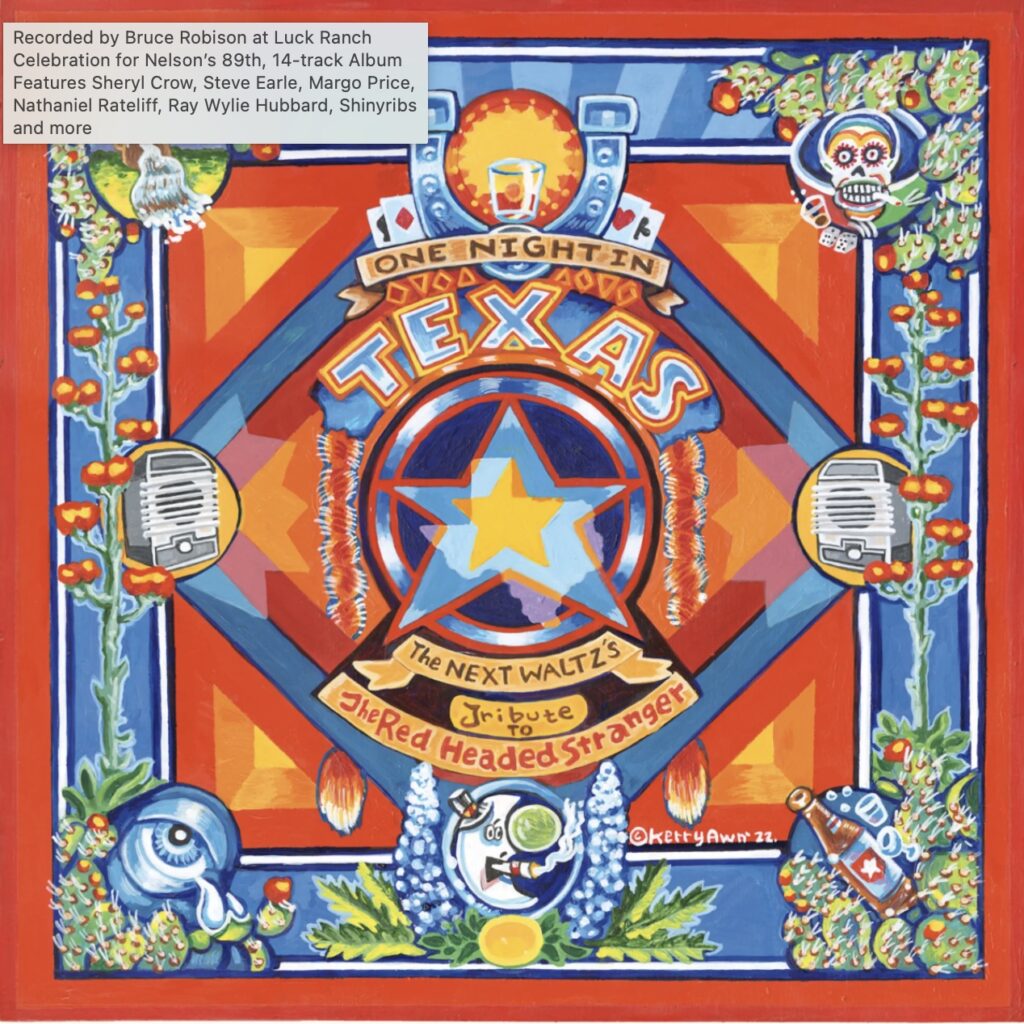
Various artists, One Night in Texas: The Next Waltz’s Tribute to the Red Headed Stranger. Steve Earle, Robert Earl Keen, Sheryl Crow, and Margo Price are among the best-known artists featured on this high-spirited concert recording, a tribute to Willie Nelson that was recorded on May 1, 2022, two days after his 89th birthday, and released on April 28, 2023, a day before his 90th.
Half of the 14-song program consists of Nelson’s self-penned material, including such classics as “Night Life,” the Ray Price hit, sung here by Crow, and “Crazy,” the Patsy Cline standout, which is performed by Nathaniel Rateliff. The rest of the set features songs written by other artists but associated with Nelson, such as Johnny Bush’s “Whiskey River” (sung by Ray Wylie Hubbard), Townes Van Zandt’s great “Pancho and Lefty” (Earle), and Fred Rose’s “Blue Eyes Crying in the Rain” (Rateliff), the standout track on Nelson’s 1975 LP, Red Headed Stranger.

Taj Mahal, Savoy. More than half a century after releasing his first LP, the now 80-year-old roots music singer and multi-instrumentalist Taj Mahal has racked up another career high point. Famed producer John Simon (the Band, Leonard Cohen, Simon & Garfunkel, etc.), who first worked with Taj in the 1970s, produced the album, which contains fresh-sounding versions of standards penned by masters like George and Ira Gershwin, Harold Arlen, and Frank Loesser. Among them: “One for My Baby (And One More for the Road),” “Summertime,” “Mood Indigo,” “Sweet Georgia Brown,” “Lady Be Good,” “Do Nothin’ Till You Hear from Me,” and “Baby It’s Cold Outside,” a duet with Maria Muldaur.
In a spoken interlude in the lead-off track, Benny Goodman’s “Stompin’ at the Savoy,” Taj recounts growing up “listening to all this cool and hip music” and says, “I’m so glad to be able to throw a thunderbolt down your way.” A thunderbolt it is, thanks to his soulful, scat-spiced vocals, the richness of the material, and a highly complementary backup crew that includes Simon on piano, a hot horn section, three backup singers, and judiciously placed flute, clarinet, and violin solos.
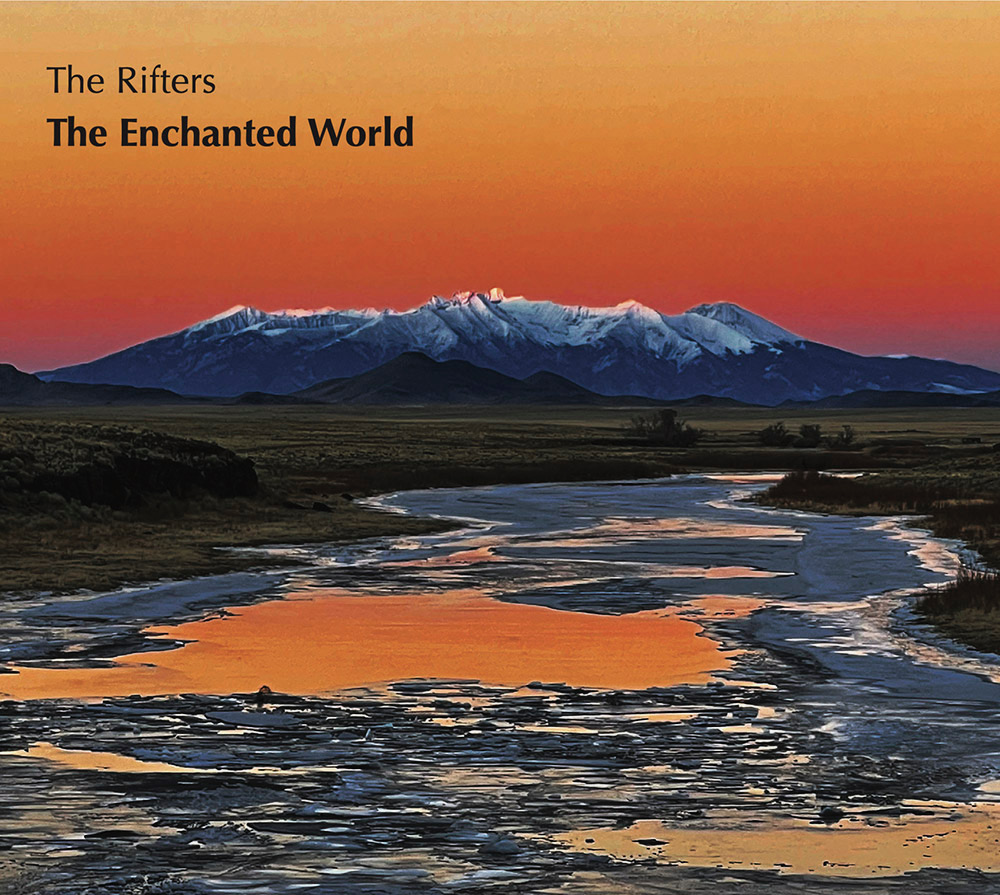
The Rifters, The Enchanted World. This seventh album from the Rifters, a New Mexico-based trio, is a largely acoustic folk outing that showcases the members’ considerable vocal talents and consummate work on guitar, mandolin, fiddle, banjo, pedal steel, dobro, and bass.
Dominating the program are songs written or co-written by the band’s members, including “So Many Different Things,” which features vocal support from Eliza Gilkyson; “The Circle,” which conveys the richness of life on a ranch; and “The Dollar Worth of Mother Earth,” which asks whether humanity will “perish or survive,” given our mistreatment of the planet. The CD also makes room for several well-chosen covers, including John Hartford’s “Gentle on My Mind,” with Hot Rize’s Peter Wernick guesting on banjo; “That Lucky Old Sun,” the Haven Gillespie/Beasley Smith standard; and “At the Foot of the Mountain,” which was written by Gilkyson and John Gorka.
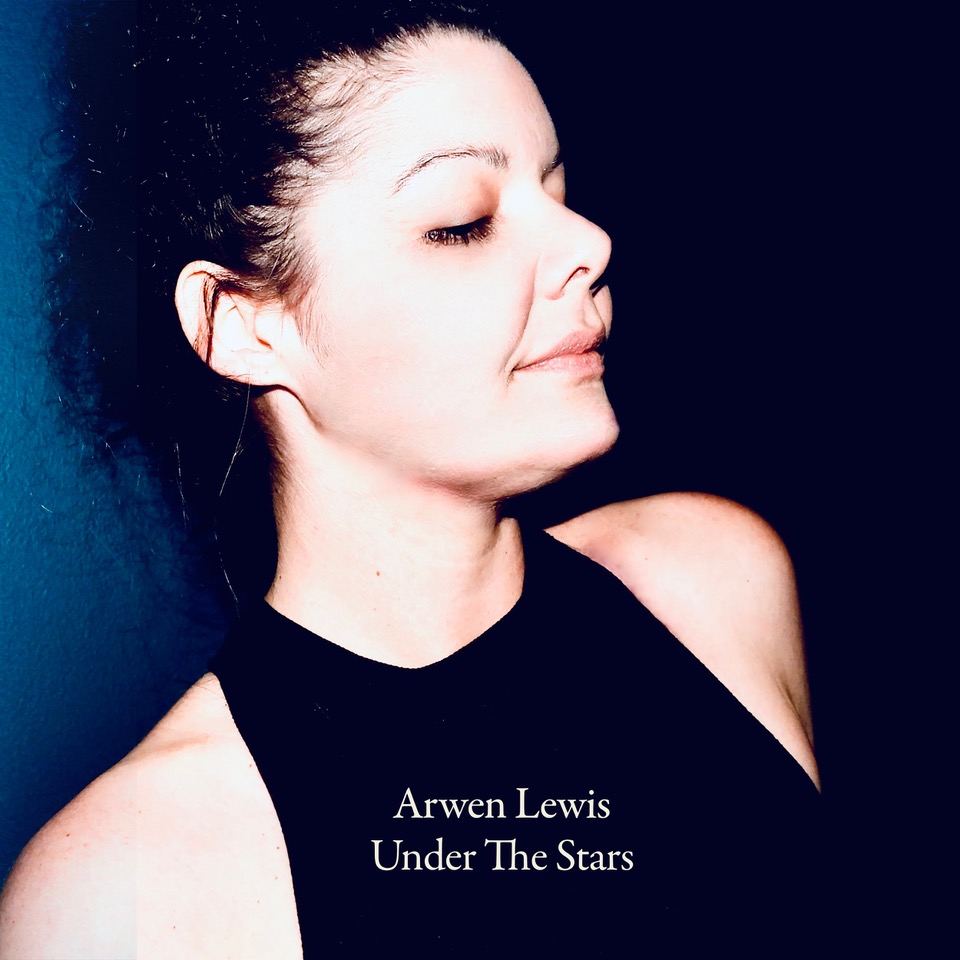
Arwen Lewis, Under the Stars. Folk/rock singer, songwriter, and multi-instrumentalist Arwen Lewis debuted in 2015 with an album of covers of songs by Moby Grape, the terrific 1960s San Francisco group that her father, Peter Lewis, co-founded. Eight years later, she’s back with an EP that includes one number from her dad (the lilting, dreamy “Black Moon”), plus her own “Winter” (two versions, one with prominent electric guitar, one with piano and cello) and “Man on the Moon,” plus covers of Jackson Browne’s “Doctor My Eyes” and Joni Mitchell’s “I Think I Understand.”
Lewis is a talented singer whose nuanced vocals add weight to her words. Let’s hope the next eight years yield more than one 26-minute EP.
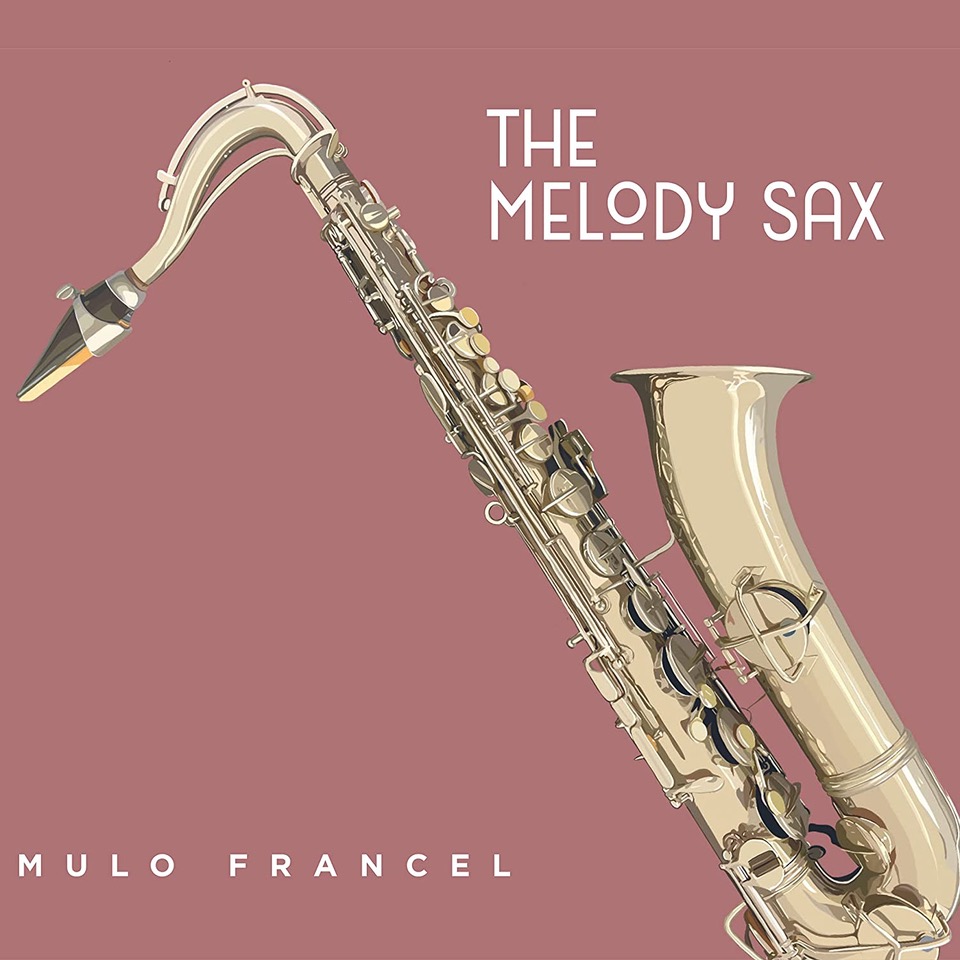
Mulo Francel, The Melody Sax. Munich–born jazz saxophonist Mulo Francel, who is best known as a member of the world-music quartet Quadro Nueva, has also released dozens of solo albums over the years. The title of this bright, airy, fast-paced, and playful latest effort refers to the instrument it features, a hundred-year-old C-melody saxophone.
The album finds the artist accompanied by musicians who add Fender Rhodes piano, guitar, bass, and drums, plus a trumpet on one track and a concertina on another. It includes creatively arranged renditions of numbers from the Great American Songbook, among them Hoagy Carmichael’s “Stardust,” Ray Henderson and Mort Dixon’s “Bye Bye Blackbird,” and three George and Ira Gershwin standards: “Summertime,” “S’wonderful,” and “The Man I Love.”
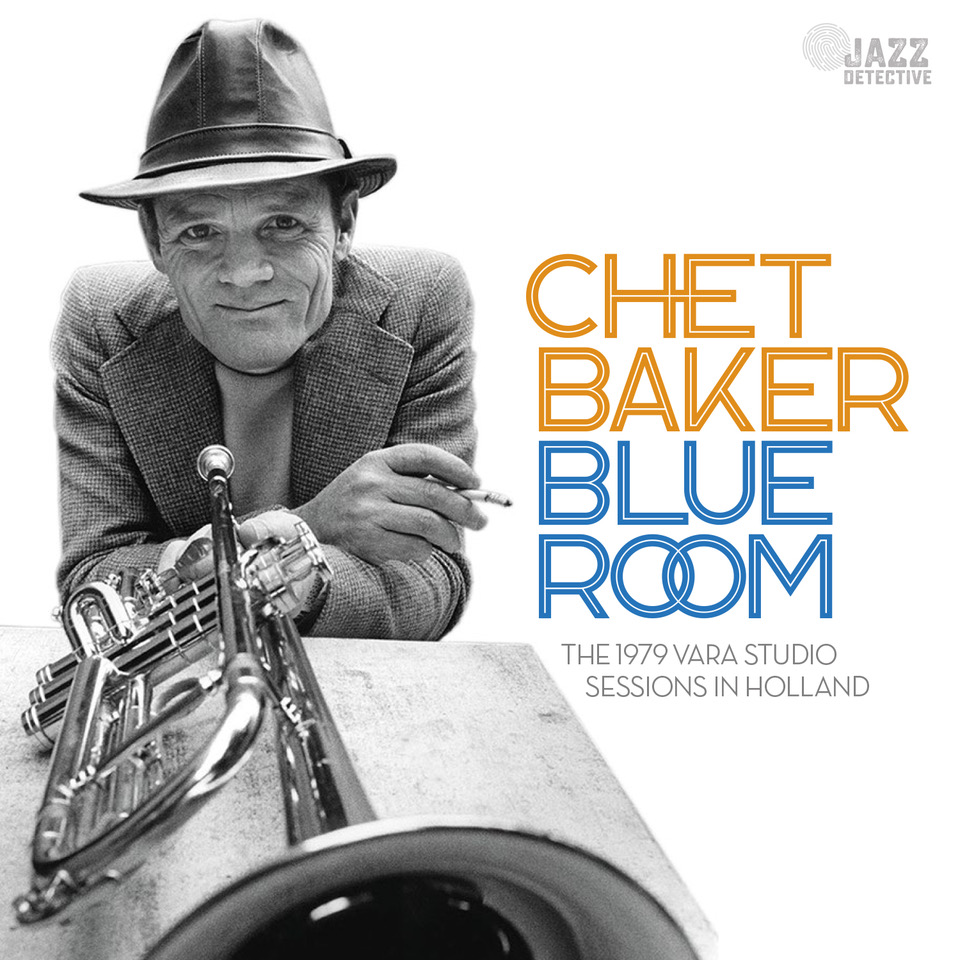
Chet Baker, Blue Room: The 1979 VARA Studio Sessions in Holland. It would be an understatement to say that the great jazz trumpeter Chet Baker had a tumultuous life and career. A longtime heroin addict who died in 1988 at age 58, he was sporadically homeless, spent time in jail, pawned his instruments to buy drugs, and failed to show up for some gigs. Yet when he was on his game, as he was during much of 1979, he sure could deliver the goods. That year, he recorded at least 10 albums that were released during his lifetime, plus several that emerged posthumously. Listening to them, you hear virtually no evidence of his troubles and lots of evidence of brilliance.
This two-CD set is yet another product of that period. Containing recently unearthed performances from April and November 1979, it comes with extensive liner notes and finds the artist working with two first-rate ensembles, each featuring a bassist, a pianist, and a drummer. Baker’s distinctive trumpet work and vocals are a treat throughout the recording, which embraces such numbers as Miles Davis’s “Down” and “Nardis,” Irving Berlin’s “The Best Thing for You,” and the Richard Rodgers and Lorenz Hart title cut.
Jeff Burger’s website, byjeffburger.com, contains five decades’ worth of music reviews, interviews, and commentary. His books include Dylan on Dylan: Interviews and Encounters, Lennon on Lennon: Conversations with John Lennon, Leonard Cohen on Leonard Cohen: Interviews and Encounters, and Springsteen on Springsteen: Interviews, Speeches, and Encounters.



